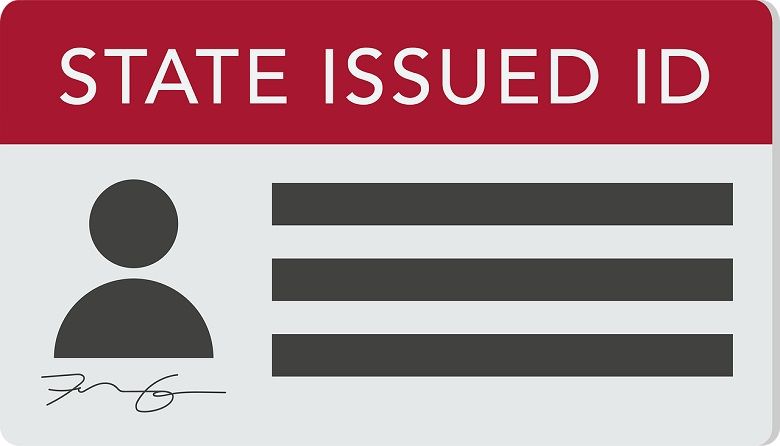Internet scams are prevalent, and the job search industry is no exception. Scammers know that there are lots of people out there looking for work and use that to their advantage. If a recruiter contacts you about a job, and your instincts are telling you that something may not be right about the situation, there are common things that job scammers do that can confirm your suspicions.
You can avoid being the victim of an employment scam by being aware of the red flags that give you an indication that the job isn't legitimate.
1. The Recruiter Contacts You for a Job You Didn’t Apply For
While some headhunters may find your resume on a job board or get your contact information via networking, you should do your homework on a company and the position they're offering you if you didn't actively apply for the job.
Scammers comb through job sites looking for active job seekers because they know they'll be more susceptible to falling for the scam. Your desire to find a new job can leave you vulnerable to the con they're running.
2. The Recruiter Does the Interview Over a Messaging Service
Scammers don't want you to be able to identify them. Even when they interview via Skype, Zoom, or Google Hangouts, they will either use the audio feature only or have you use the messaging feature.
If the recruiter interviews you by phone, the call will come from a private or masked number you can't call back. A professional recruiter won't use instant messaging to conduct interviews.
3. The Recruiter Asks for Personal Information and Identification
It's not unusual for a hiring manager to ask for your social security number for tax purposes once you get the job. If it's for tax purposes, there's a form to complete, and your employer should provide it to you.
If the recruiter asks for a copy of your driver's license or banking details, this should raise alarms—question why the recruiter needs the information. Refuse to provide the data if the recruiter can't offer a good reason for needing the details, especially if they want it immediately.
The ways scammers can steal your identity are constantly evolving, as are other cybersecurity threats. You may be interested in learning about the cybersecurity trends you should know about.
4. The Recruiter Sends Email From a Generic Account
Pay attention to the email the recruiter uses to communicate with you. The domain should match the company website. Some scammers may try to make the domain look similar to what it should be but use misspellings, extra letters, or punctuation.
Beware of emails from recruiters from email service providers such as:
- gmail.com
- mail.com
- yahoo.com
- Other free email providers
If cybersecurity is on your radar, you may be interested in learning ways scammers can exploit your email address.
5. The Recruiter Asks You to Pay for Something
Many scammers use work-from-home to find their victims. There are two ways this scam can work. The first way is that the scammer asks you for money directly. If you question what it's for, the recruiter may say it's the fee to run a background check on you to secure your employment, and others will say it's a recruiter fee.
Other scammers provide you with fake checks and tell you that the money is for you to buy your office equipment. The check will always be for an amount that exceeds the cost of the equipment, and the recruiter will direct you to forward the excess funds back to them. This action puts you in a vulnerable position because you're the one depositing the fraudulent check.
Reputable employers will send you the necessary equipment or reimburse you for the money spent. You must be careful when buying anything online because scammers also sell items online. You should find tips to spot scam vendors when shopping online.
6. Job Offer Comes Too Quickly
If the recruiter offers you the position immediately after the interview, this should serve as a red flag for you. Typically, the employment journey looks something like this:
- You see a job you want to apply for and submit a cover letter and resume.
- You do some skills tests to prove your competency.
- The hiring manager has an initial screening call with you.
- You have an interview with your potential boss.
- The hiring manager checks your references.
- You get the job.
Most employers want to know your personality to see how you'll fit with the existing team before they offer you the job. The information on your resume isn't enough to tell them if you align with the company culture and the team you'd be working with.
7. Job Offer Sounds Too Good to Be True
We've all heard that if it sounds too good to be true, it probably is. While some say this is a pessimistic viewpoint, it's a realistic one that can save you future heartache. Here are some offers to beware of:
- The recruiter offers a salary far exceeding your expectations or the industry standard.
- Similar positions require a skills test or a review of your portfolio, but this job doesn't.
Scammers use enticing job offers to lure people into their trap. If it doesn't feel right, trust your instincts and decline the job offer. Sometimes the job posting or job offer comes from social media. Be aware of Instagram scams and learn how to avoid them.
8. Emails From the Recruiter Are Full of Grammatical Errors
It would be best if you were wary of a job offer full of grammar, spelling, and punctuation errors. While no one is perfect, it should be a warning sign if the hiring manager isn't taking the time to send communications without obvious errors. Some other things you should look for in your emails with the recruiter include:
- Email sounding scripted
- Awkward phrasing
- Too formal
9. You’re Unable to Verify Company or Recruiter Information
If you can't find anything about the company you're supposed to work for, the job offer may be a scam. Even new companies have an online presence, whether a Facebook or LinkedIn company page. It would help if you also looked into the recruiter that contacted you.
Check if they have a LinkedIn account, so you can check out what they do and who they work for. Lack of online presence signifies that the company you've been offered a job for isn't legitimate.
Avoid Being the Victim of a Job Scam
It can be flattering to think that a recruiter has sought and offered you the job of your dreams. Scammers hope they provide an offer so good that it's hard to refuse. Don't allow your emotions to cloud your judgment when receiving a job offer, especially if it came unsolicited.
Do your due diligence before sharing any personal information or spending any money. Job seekers aren't the only ones vulnerable to scammers; employers must be careful not to be scammed when hiring online.









